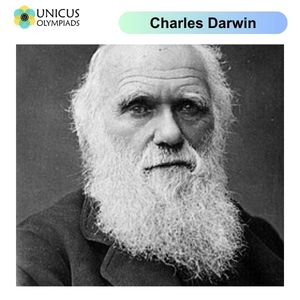

This section explores how groundbreaking books like Charles Darwin’s The Origin of Species have reshaped our understanding of the world, particularly in terms of evolution, biology, and the natural world. These works challenged existing views and introduced new ways of thinking that continue to influence scientific thought today.

Charles Darwin’s The Origin of Species fundamentally changed how humans understand the natural world. By introducing the theory of natural selection, Darwin provided a scientific explanation for the diversity of life on Earth that continues to shape biology and medicine today. His work challenged long-held beliefs about creation and paved the way for modern evolutionary science. While his ideas sparked controversy in his time, they have since become a cornerstone of biological science, with far-reaching implications for fields such as medicine, environmental science, and genetics. Darwin’s legacy endures, influencing both scientific exploration and societal debates about human nature and the origin of life.